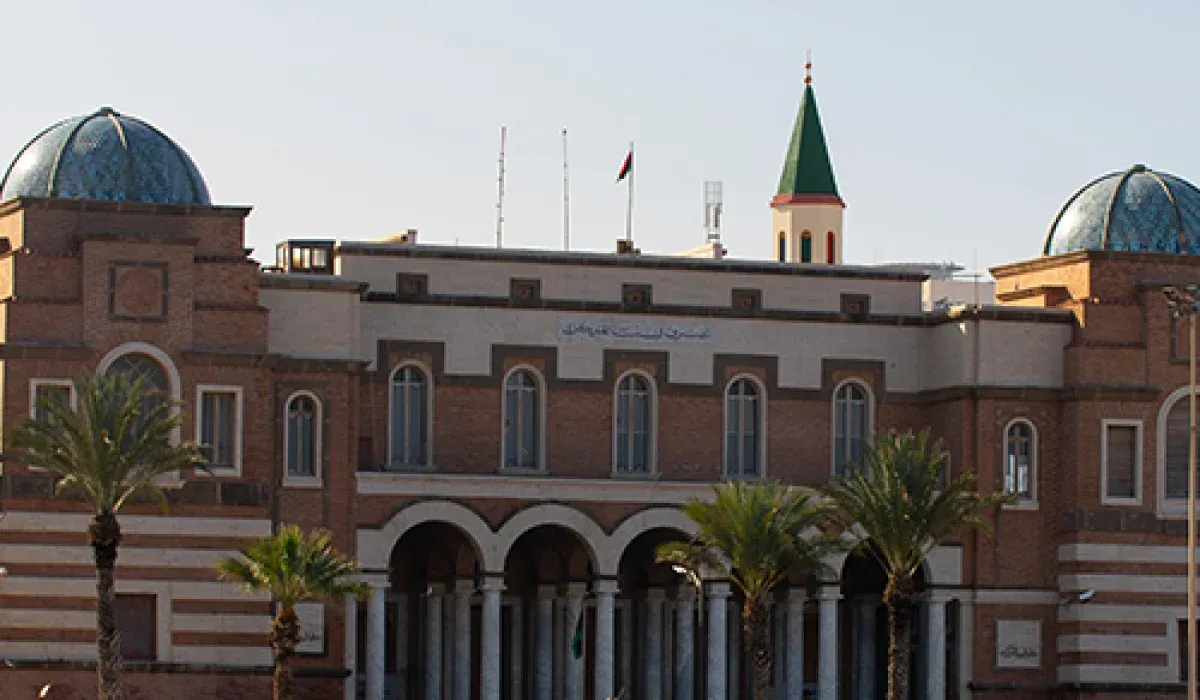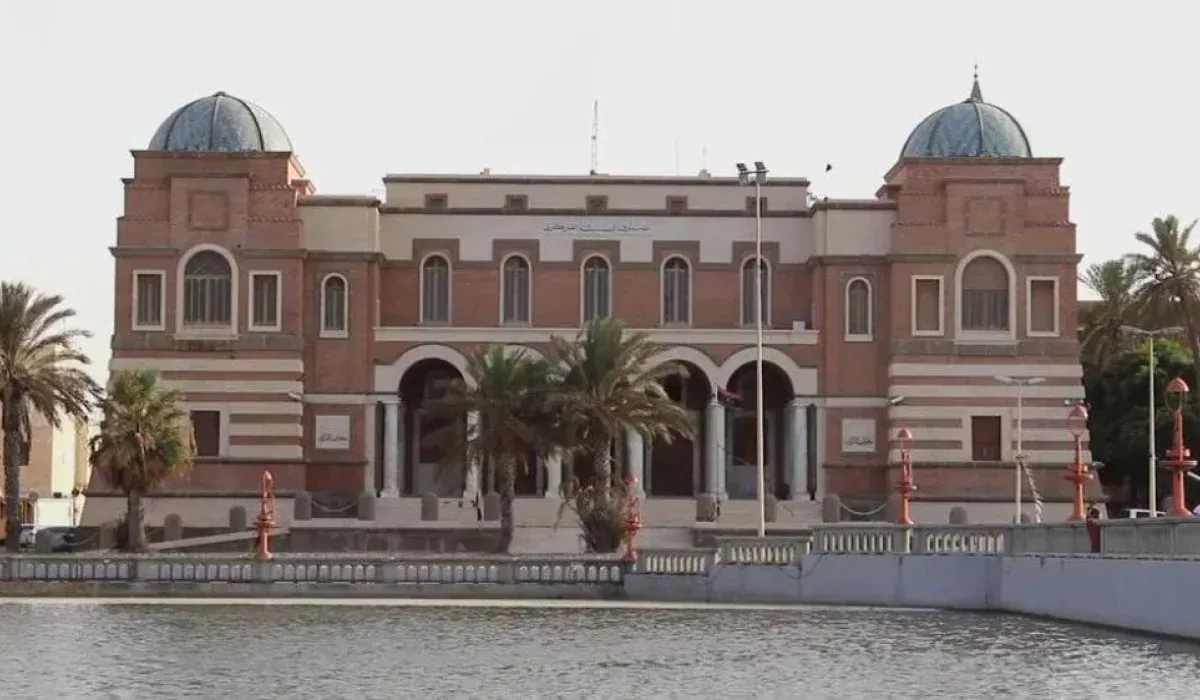Libyan businessman Husni Bey wrote in an article:
The Central Bank of Libya cannot impose fees without an official decision signed by the Speaker of Parliament, Aguila Saleh — 100,000%. In general, Libya’s economic and financial crisis is behind the collapse of the dinar.
Libya’s current daily production stands at 1.35 million barrels of oil and 2.4 billion cubic feet of gas, covering about 93% of public spending after deducting the foreign partner’s share. This leaves a net total of 88% from production in the form of shares, royalties, rights, and taxes.
First: Structure of Public Spending (in Libyan dinars)
- Salaries: 70 billion
- Fuel: 98 billion
- Operational expenses: 14 billion
- Allowances (children, women, daughters, health supply, environment, water): 18 billion
- Development: 70+ billion
Total public spending: ≈ 270 billion LYD
Second: Net Spending After Excluding Fuel
- Total spending: 270 billion
- Fuel: 98 billion
Net spending after fuel deduction: 172 billion LYD
To cover this spending, the economy needs to sell foreign currency equivalent to at least 160 billion LYD. Accordingly, the Central Bank is compelled to sell the dollar at an exchange rate that allows financing of public spending of no less than this amount.
Roots of the Current Crisis
1. Uncontrolled Public Spending
Spending without a disciplined budget, exceeding revenues and financed through deficit spending → resulting in continuous inflation and a decline in the dinar’s purchasing power.
2. Monetary Financing & Exchange Rate Gaps
Leads to:
- Dollar gap ≈ 50%
- Cash vs cheque gap ≈ 20%
3. Fuel Gap (Most Dangerous)
- Cost: 98 billion LYD
- Actual revenue: ≈ 3 billion LYD
- Gap exceeding 3000%
Result: Smuggling, theft, distorted subsidies — ongoing for over 50 years.
4. Price Gaps as Hidden Taxes
Whether in:
- Dollar exchange rates
- Cash vs cheque value
- Fuel subsidies
These act as unofficial taxes paid by all citizens through higher prices and reduced real income.
They do not go to the Central Bank or government but are effectively collected from 100% of Libyans, benefiting only a few through speculation.
5. Source of Dollar Gap
At least 30% comes from trading the $2,000 personal allowance rights, turning them into speculative tools.
6. Impact of Recent Decisions
Imposing a 12% fee on the $2,000 personal allowance (with exemption for $500 family allowance) increased the price gap instead of reducing it.
7. Letters of Credit as a Speculation Tool
Due to a guaranteed price gap (~30%), especially in personal imports, making them easy to obtain and resell.
8. Cash vs Cheque Gap
Mainly due to restructuring the monetary base:
- Before 2024: cash ≈ 50%
- After September 2025: cash ≈ 25%
Result: Cash shortages, price gaps, and speculation on the dinar itself.
Conclusion
Price gaps (dollar – dinar – fuel) = hidden taxes
- Paid by everyone
- Benefiting a few
- Not collected by the state
- Directly translating into inflation and poverty
Key Questions
Do we agree that the roots of inflation and price gaps are:
- Uncontrolled public spending?
- Monetary financing?
- Distorted subsidies?
- Artificial price gaps?
What Can Be Done?
How can these “hidden taxes” be formally collected through:
- The Central Bank
- Or the government
And then fairly redistributed to all citizens — through cash transfers, services, or reduced living costs — to compensate for the losses people currently bear without return?
















